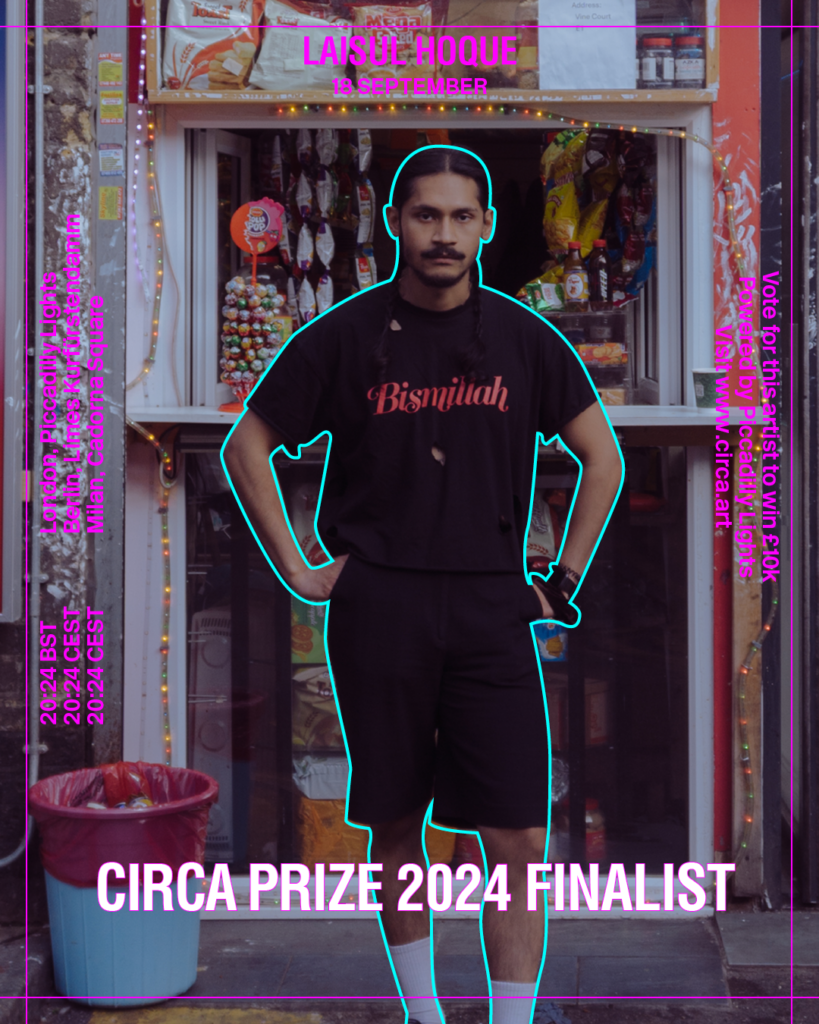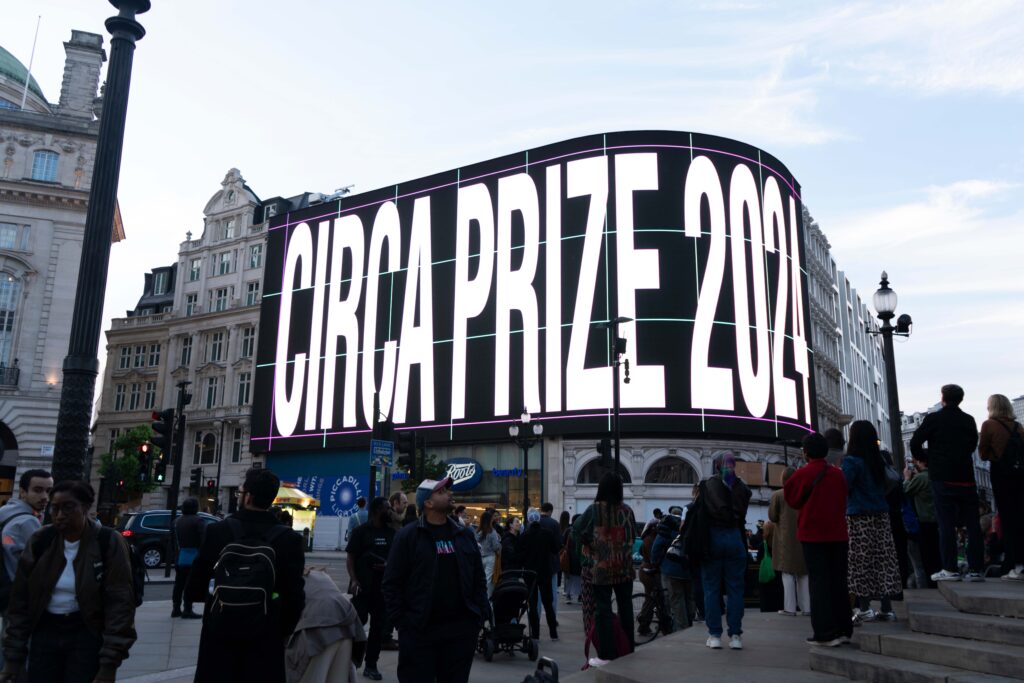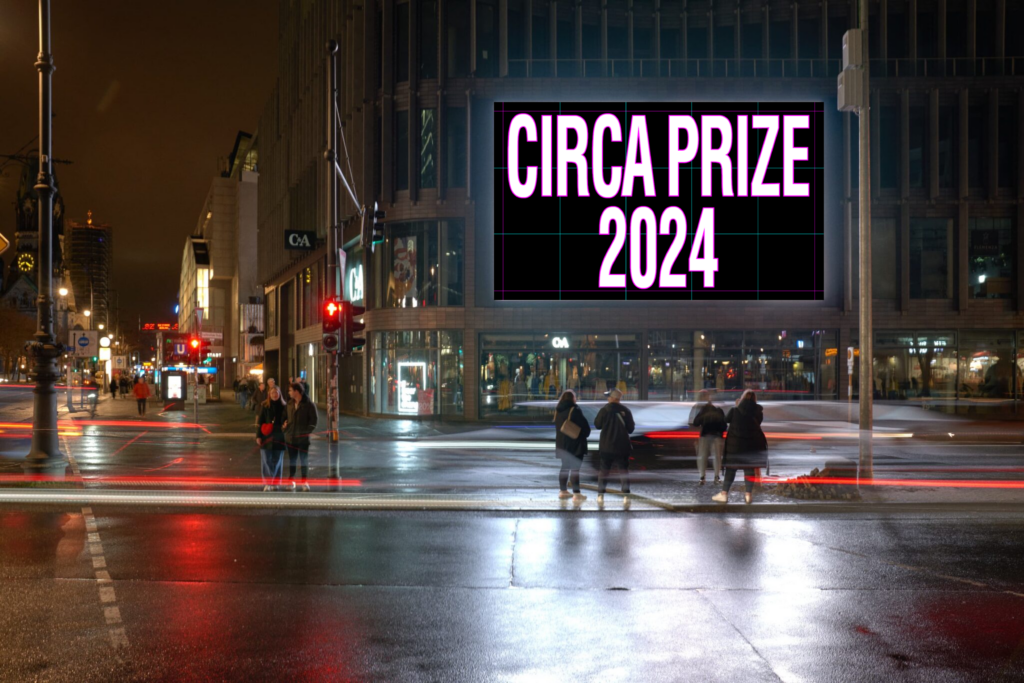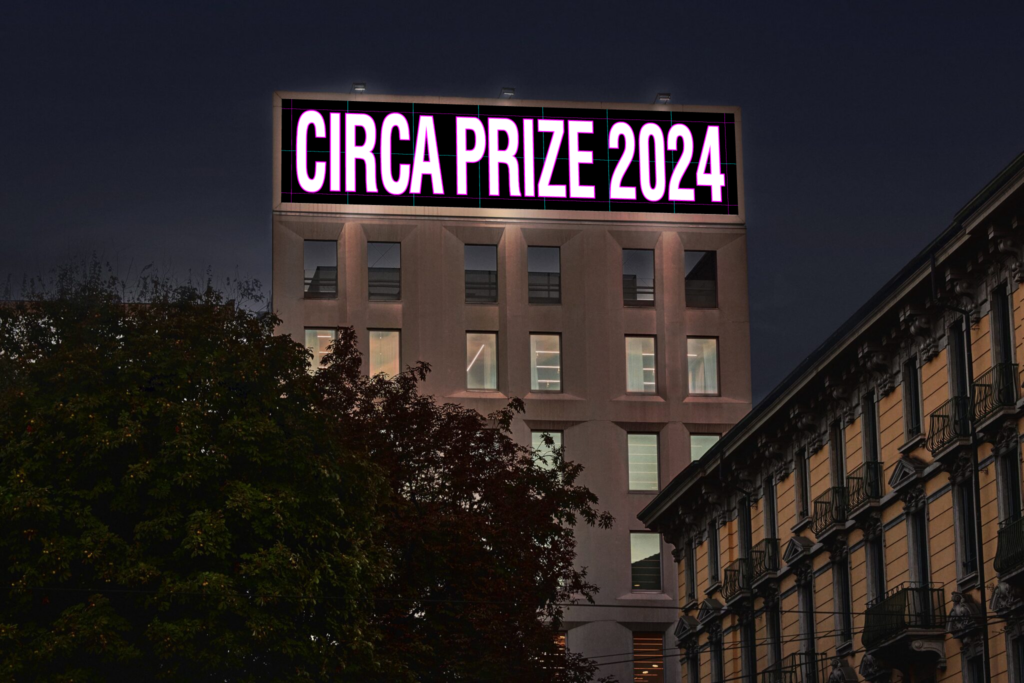LAISUL HOQUE
18 September, 2024
It wasn’t possible before.
During my school years, we practised speaking English, made friends, and learned to express our emotions—bonding in English. At home, my mother spoke Bangla. The responsibilities of parenthood made her communicate with authority, as the matriarch. However, in this process, we missed opportunities to express our emotions in Bangla. The influence of globalisation resulted in learning emotive language and communication exclusively in English, a language my mother couldn’t speak.
There is a gap in communication between generations in South Asian families. There is a lot of trauma that we fail to unravel due to this communication gap, and there is a lot of unresolved conflict we sit with within families. At times, we distance ourselves from our parents, unable to meet halfway. Yet, we unknowingly carry the weight of that trauma, living with guilt. I didn’t want to perpetuate this cycle.
It took a certain level of growth, intentional efforts to understand and use my mother tongue, and a commitment to reframing communication with empathy. Through these efforts, my mother and I claimed agency over our relationship, fostering open and honest communication. This transformation allowed her to feel comfortable visiting me in London.
Drawing from memories and lived experiences, I create image-based works and installations that explore and decode micro-histories and their global impacts.
HOW IS YOUR WORK INFLUENCED BY THE CIRCA 2024 MANIFESTO?
This work is an excerpt from my short film, The Purpose was to Document the Other Side, 2023. The film captures my mother’s journey to London using a camera my father bought in 2004 to document his European trip when he couldn’t bring his family. By using this camera, I aimed to give my mother a space to tell her story and challenge the patriarchal structure we habitually fall into.
Originally, the camera was meant to show us Europe, a place we might never visit. Now, it captures my mother’s visit to London, symbolising our origins and efforts that surpass imagination.
This excerpt reflects on the complexities of motherhood and encourages me to view my childhood through a reparative lens to overcome transgenerational trauma.
At the film’s end, I hand the camera to my mother to write “Ma,” adding intertextuality to the camera movement, symbolising a moment of liberation, freeing us from the past.
WHAT WOULD YOU CREATE/DO WITH THE £30K CIRCA PRIZE?
When I was 10, my father was diagnosed with kidney cancer. One night, he told me he might not live long and that I’d need to care for Mum. After surgery abroad, he returned, having lost half his body weight, and with a CD of the hour-long operation.
Years later, both the CD and my father are still here, and I’m now old enough to revisit that footage with him and discuss what he meant that night.
The prize will allow me to make a film in which I try to understand my father, fatherhood, and paternal love.
FOLLOW LAISUL HOQUE ON INSTAGRAM

SCREEN LOCATIONS
From 1–30 September 2024, each CIRCA PRIZE 2024 finalist will have their work appear consecutively throughout the month at 20:24 BST on London’s iconic Piccadilly Lights, whilst also broadcasting across a global network of screens in Berlin and Milan.

LONDON
Watch the CIRCA PRIZE 2024 every evening from 1 – 30 September at 20:24 BST on London’s iconic Piccadilly Lights screen.

BERLIN
Watch the CIRCA PRIZE 2024 every evening from 1 – 30 September at 20:24 CEST on the Berlin Limes Kurfürstendamm screen.
